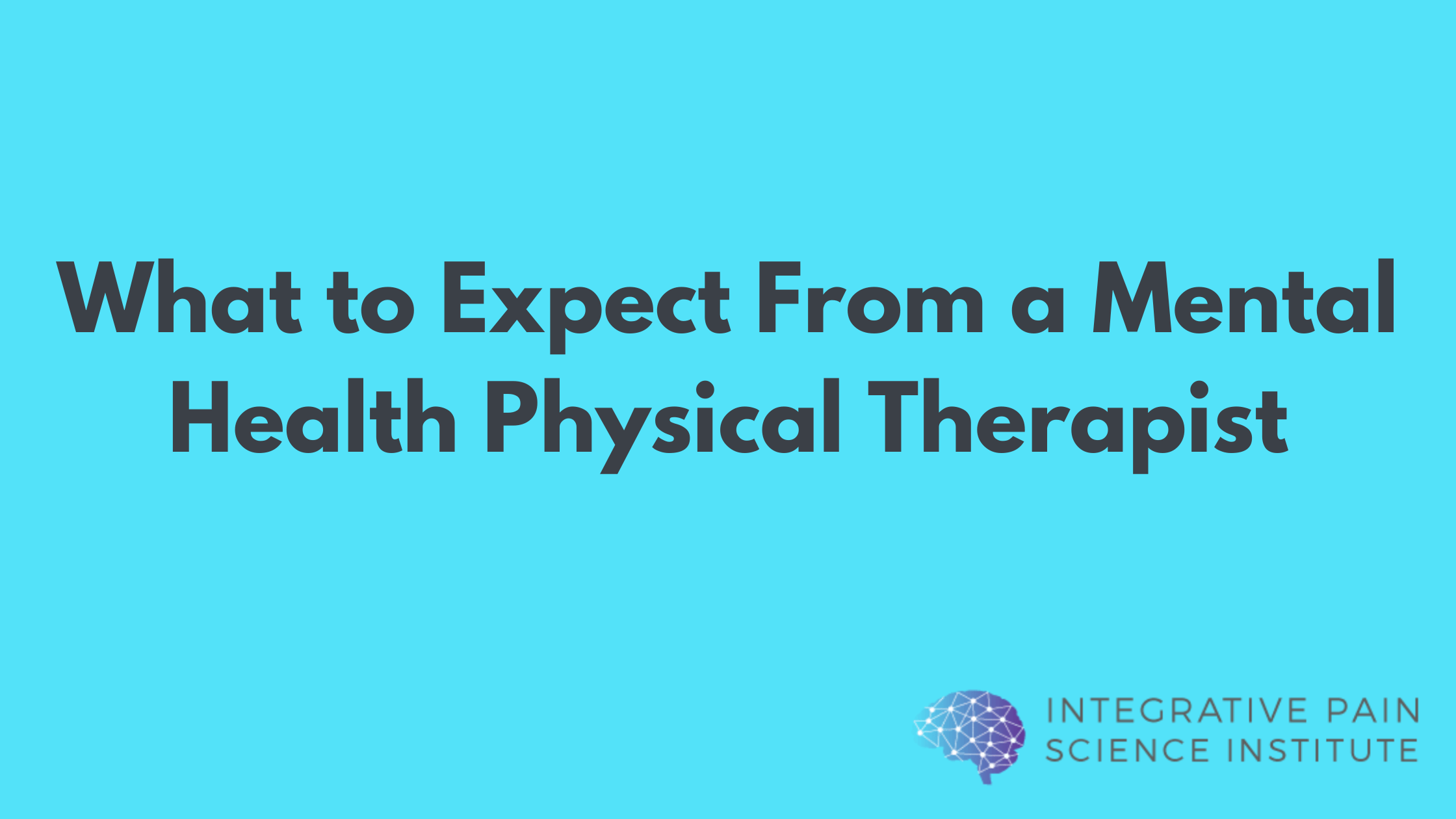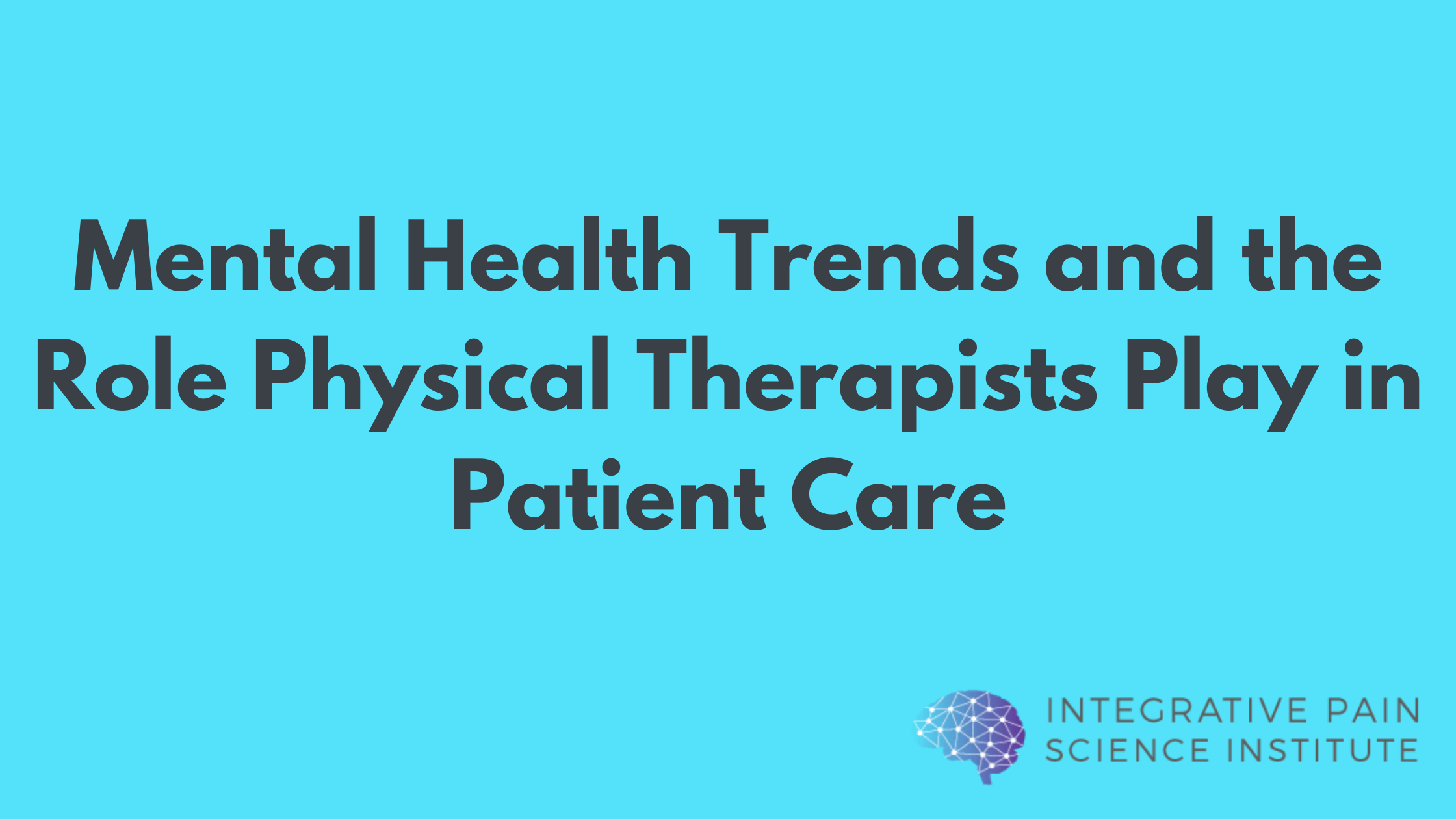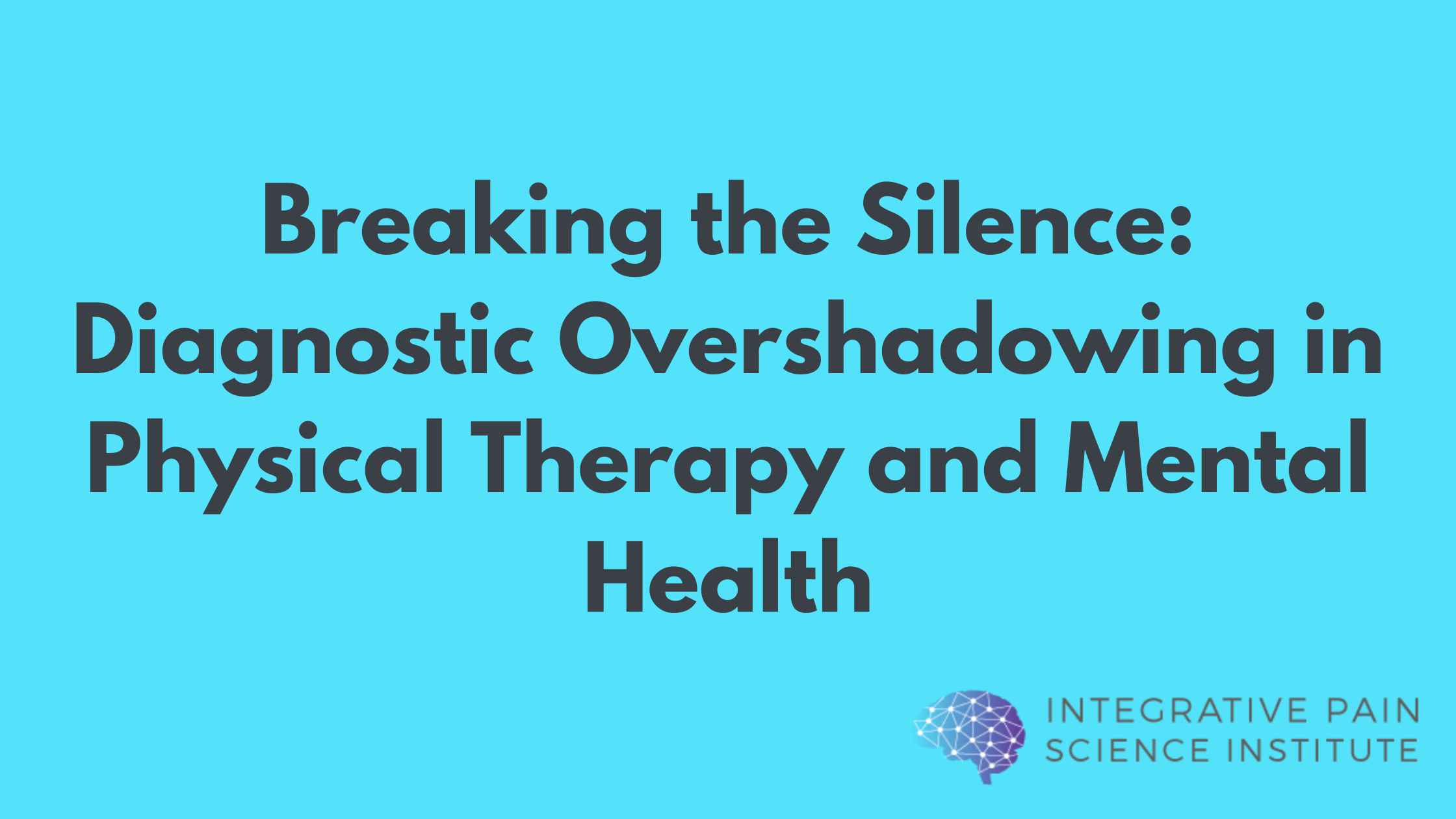Here is some food for thought -pun intended-: the most common chronic (or “lifestyle”) conditions, like type-2 diabetes, hypertension, heart disease, pain, and cancer, are more influenced by people’s eating habits and physical activity than by their genetic makeup (1, 2).

Improving the delivery of nutrition care to patients in different settings (ie, from the hospital to the clinic and the community) is essential to improve population health in an era where increasing chronic diseases related to aging, obesity, and lifestyle practices contribute dramatically to public health challenges and health care costs. There is an urgent need to better prepare health care professionals to address nutrition-related conditions using evidence-based practices.
Nutrition plays a central role in all aspects of healthcare: growth and development, health promotion, disease prevention, acute and chronic disease management, and pain care. Wouldn’t it make sense that doctors, nurses, and allied health (PT/OT) professionals across all specialty areas, embrace the importance of nutrition and make it a priority to prevent disease development and progression? Integrating nutrition knowledge and skills are extremely important, and all healthcare professions require basic training to effectively assess dietary intake and provide appropriate education, guidance and, counseling.
There is an urgent need to better prepare health care professionals to address nutrition-related conditions using best practices. Share on XReliable Sources: The Human Factor
We talked before about how poor nutrition may cause or aggravate certain conditions, by ramping up the immune system and promoting low-grade, chronic inflammation. We also discussed which diet work better to relieve chronic pain. While there are plenty of online and offline resources to learn about nutrition and healthy eating habits, there is also a lot of misinformation and frequent bias around what is “healthy” or “natural” when it comes to food and nutrition. Especially when it comes to educating children, those with a chronic condition and the elderly, qualified in-person resources (health professionals) have a fundamental role in educating on disease prevention and optimal nutrition habits through unbiased, science-backed information.
Tilting the Scale Towards Healthy Nutrition
Unfortunately, the evidence shows that insufficient education and training on nutrition makes it difficult for healthcare professionals to steer patients toward healthier eating choices. (3)

A 2014 article in the American Journal of Clinical Nutrition titled: “Challenges and opportunities for nutrition education and training in the healthcare professions: intraprofessional and interprofessional call to action” proposes that part of the blame can be put on current gaps on pre-licensure nutrition education for health providers, and the lack of interprofessional coordination to put in place educational programs targeting the community, as well as those that address specific clinical cases (4).
Interprofessional Competencies in Health Care
The integrated enactment of knowledge, skills, and values/ attitudes that define working across the professions, with other health care workers, and with patients, along with families and communities, as appropriate, to improve health outcomes in specific care contexts (4).
The paper encourages broadening of the scope of practice and current status of nutrition education in several health disciplines. Nutrition is an important component of education, training, practice, and research for PAs, physical therapists, occupational therapists, psychologists, and speech-language pathologists, who are ideally positioned to serve as health coaches promoting lifestyle modifications, especially during the rehabilitative continuum (4).
Guidelines and Resources to Advance Interprofessional Collaborative Competencies for Health Professionals
The following list includes relevant examples of institutional work done by interprofessional organizations or carried out through academic programs to foster the implementation of comprehensive, patient-oriented nutrition education in medical school curricula:
- “Advancing Nutrition Training, and Research for Medical Students, Residents, Fellows, Attending Physicians and other Clinicians”, a report of an interdisciplinary team consisting of experts in nutrition, metabolism, medicine, and lifestyle convened in 2017 by the National Heart, Lung, and Blood Institute, to “discuss, identify, and prioritize core nutrition competencies for use in updating the objectives of the NIH-funded Nutrition Academic Award (NAA) Curriculum Guide to include new knowledge in nutrition science and its clinical application, incorporate changes in response to contemporary models of learning and knowledge acquisition, and take advantage of technological advances that have profoundly influenced preclinical and clinical training.”
- The Academy of Nutrition and Dietetics, the world’s largest organization of food and nutrition professionals, conducts research to assess global nutrition challenges and to advance education, policy initiatives and advocacy related to improving global health and well-being through food and nutrition.
- The Jefferson’s Center for Interprofessional Education (JCIPE) at the Thomas Jefferson University in Philadelphia runs the Health Mentors Program, which offers students in healthcare professions first-hand contact with patients living with health conditions and/or impairments. Through supervised teamwork, students are required to create wellness plans, safety assessments, and behavior change strategies over a 2-y period, considering the patient’s chronic medical conditions.
- Drexel’s interprofessional nutrition research initiatives. Researchers and students in nursing, nutrition, rehabilitation sciences, creative arts therapy, and couples’ and family therapy from Drexel University’s College of Nursing and Health Professions, also at Philadelphia, collaborate on research projects that have a nutrition component. Students also participate in the annual Nutrition Day screening program and take part in hospital-based nutrition screening.
Dr. Tatta’s simple and effective pain assessment tools. Quickly and easily assess pain so you can develop actionable solutions in less time.
Helping Every Practitioner Embrace Nutrition
Optimal nutrition practices improve patient outcomes and reduce health care costs in the inpatient, outpatient, acute care, and community settings (5). Still, global efforts are falling short, and there is a pressing need within the medical and related health professions to increase awareness of the importance of nutrition in the prevention and treatment of disease (6, 7).
This implies gaining expertise to:
- Perform comprehensive diet and lifestyle assessments.
- Provide evidence-based nutrition counseling.
- Understand how nutrition affects disease and symptoms.
- Familiarize oneself with evidence-based diets and nutritional approaches.
- Staying abreast of evidence-based changes in nutrition fundamentals.
- Implementing interprofessional and team-based nutrition education.
- Emphasizing case-based and information technology-empowered learning
Any number of professionals trained in nutrition may be involved in nutrition education. Infusing nutrition throughout the health care system and among many disciplines can improve outcomes on every level, with every disease and for many populations and patients.
Was this information useful?
Click here to learn how to use nutrition to treat chronic pain!
REFERENCES:
1- Rappaport, S. M., & Smith, M. T. (2010). Environment and disease risks. Science, 330(6003), 460-461.
2- Rappaport, S. M. (2016). Genetic factors are not the major causes of chronic diseases. PLoS One, 11(4), e0154387.
3- Kris-Etherton, P. M., Akabas, S. R., Bales, C. W., Bistrian, B., Braun, L., Edwards, M. S., … & Pratt, C. A. (2014). The need to advance nutrition education in the training of healthcare professionals and recommended research to evaluate implementation and effectiveness–. The American journal of clinical nutrition, 99(5), 1153S-1166S.
4- DiMaria-Ghalili, R. A., Mirtallo, J. M., Tobin, B. W., Hark, L., Van Horn, L., & Palmer, C. A. (2014). Challenges and opportunities for nutrition education and training in the health care professions: intraprofessional and interprofessional call to action–. The American journal of clinical nutrition, 99(5), 1184S-1193S.
5- Rosen, B. S., Maddox, P. J., & Ray, N. (2013). A position paper on how cost and quality reforms are changing healthcare in America: focus on nutrition. Journal of Parenteral and Enteral Nutrition, 37(6), 796-801.
6- Frenk, J., Chen, L., Bhutta, Z.A., Cohen, J., Crisp, N., Evans, T., Fineberg, H., Garcia, P., Ke, Y., Kelley, P., et al. (2010) Health professionals for a new century: transforming education to strengthen health systems in an interdependent world. Lancet, 376, 1923–58.
7- Hark, L. A., & Deen, D. (2017). A position of the Academy of Nutrition and Dietetics: interprofessional education in nutrition as an essential component of medical education. Journal of the Academy of Nutrition and Dietetics, 117(7), 1104-1113.



